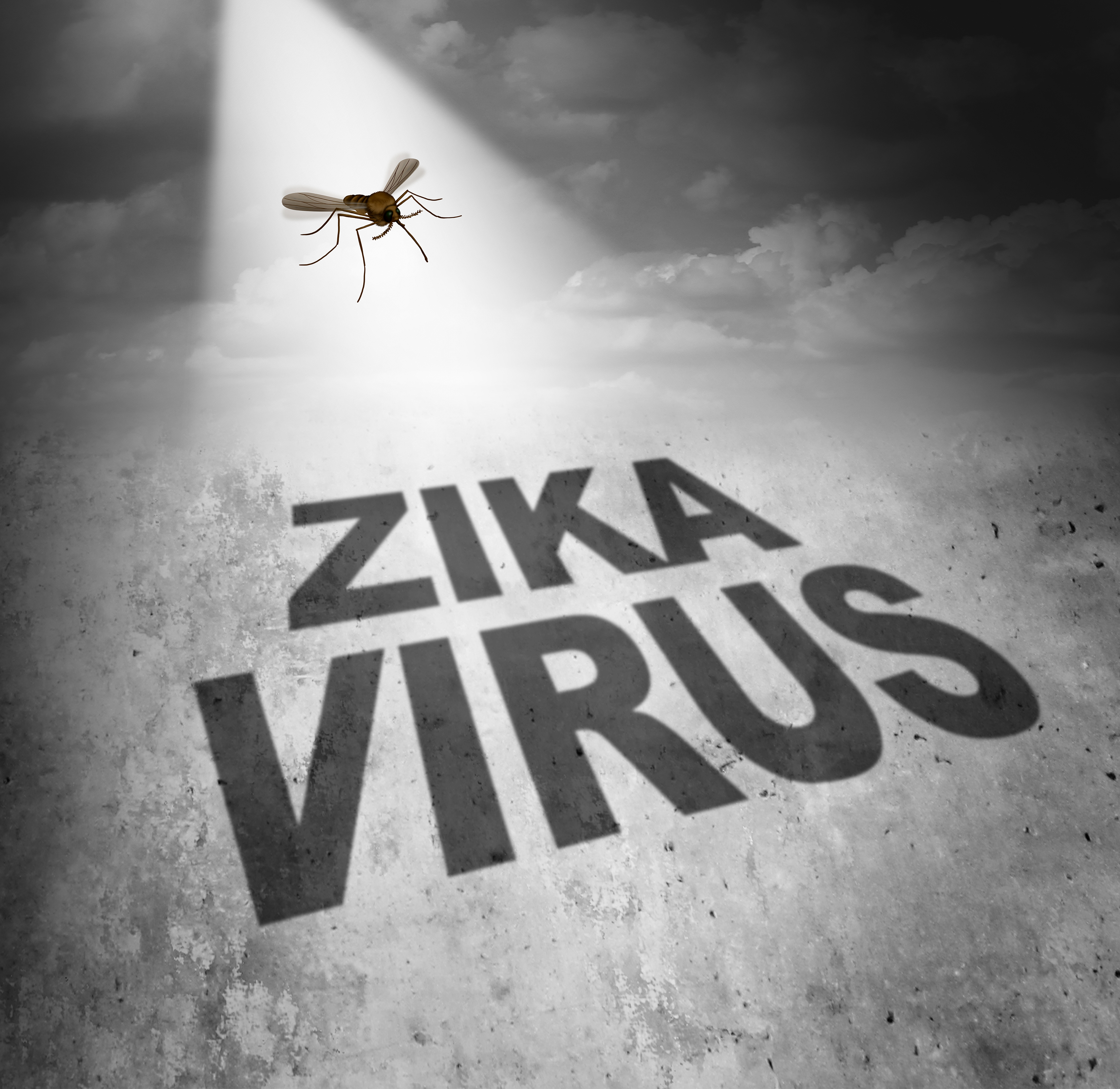
Recently, the WHO (World Health Organization) chief declared the Zika virus a public health emergency. The reason is that Zika virus infections have increased in South America, for example, Brazil and Colombia. Korea has confirmed its fifth Zika virus infection. Therefore, we can’t ignore Zika. We must know about this virus and get reliable information about it.
The Zika virus is a Flavivirus. It is similar to the virus that causes dengue fever. In 1947, scientists found the Zika virus in Uganda in a rhesus monkey. In 1952, the first patient was found in Tanzania. The virus is often transmitted through the female Aedes aeqypti mosquito. In addition, we can be infected by blood transfusion and sexual contact. However, daily contact like shaking hands and hugging doesn’t transmit the virus.
The symptoms of Zika virus are sudden fever and a rash. Common symptoms include headaches and joint pains. These symptoms continue for a few days. Most patients recover from Zika within seven days. A vaccination for Zika does not exist. However, methods of prevention exist. First, you should check the list of countries with outbreaks of Zika. You have to avoid traveling to these countries. If you can’t avoid visiting these countries, watch out for mosquitos. Cover and spray mosquito spray on your skin. Second, pregnant women must be more careful. The reason is that the Zika virus can infect a fetus during the gestation period. It is connected with an illness named microcephaly. Microcephaly is a medical condition causing the brain not to develop and a smaller than normal head. Third, if you find symptoms of this virus after you return to your country, you must visit a medical center.
Many people are suffering from the Zika virus. Brazil has more than 900 babies born with microcephaly. The Zika virus is also affecting the Rio Olympics in August. Ticket sales for the Olympics are very low. Some athletes have announced that they will not participate in the Games.
Compared with other countries, Korea is still not a dangerous area. However, a mosquito named Aedes albopictus lives in Korea. It can spread the Zika virus. South Korea may not be completely safe. We need close supervision and consistent efforts to overcome Zika.








